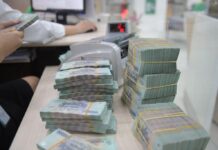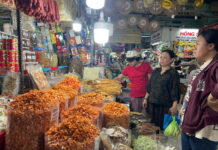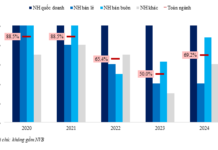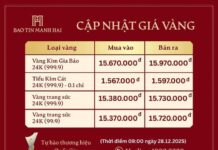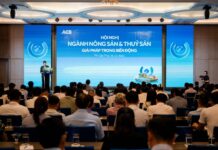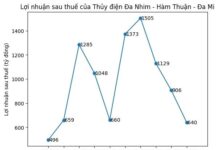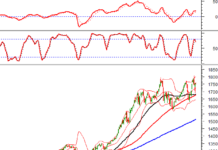In a recent development, China has granted permission to 183 new Brazilian coffee companies to export to the Chinese market, as per an announcement by the Chinese Embassy in Brazil via social media over the weekend. This move comes as a significant boost for Brazilian exporters amidst the US government’s imposition of sky-high tariffs on coffee and other goods from the South American country, effective July 30.
As per the US plan, a 50% tariff will officially be applied from August 6 onwards on select Brazilian products, including coffee. This poses a massive challenge for Brazilian coffee exporters and traders, who must now swiftly seek alternative markets for the approximately 8 million bags of coffee that the US consumes annually.
The US is a significant importer of Brazilian products such as beef, orange juice, and coffee. In June 2025, Brazil’s coffee exports to the US reached 440,034 bags of the 60-kg variety, a staggering 7.87 times higher than the nearly 56,000 bags exported to China during the same period, as per data from the Council of Coffee Exporters of Brazil (Cecafe).
However, China is solidifying its position as Brazil’s largest trading partner, and opening its market to hundreds of additional coffee companies could help mitigate losses from the new US trade barriers. China’s growing appetite for coffee, especially among younger consumers opting for higher caffeine options over tea, presents a lucrative opportunity for Brazilian exporters.
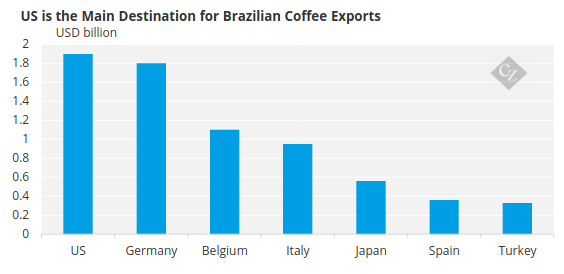
The US remained the top destination for Brazilian coffee exports in 2024 (Source: Comex)
Brazil’s coffee exports to China are already substantial, with 538,000 bags shipped in the first half of 2025, per Cecafe data. Coffee consumption in China has been surging, growing at a rate of about 20% annually over the last decade, and per capita consumption has doubled in the last five years, according to industry data.
Additionally, Logan Allender, the coffee director at US roaster and distributor Atlas Coffee Club, noted that another outlet for Brazilian coffee could be the European Union, which is not subject to these tariffs.
The Brazilian Ministry of Agriculture and Cecafe have not provided official comments at this time. Chinese customs officials also remained unavailable for comment outside of working hours.
With an annual consumption of approximately 25 million bags, the United States stands as the world’s largest coffee-consuming nation. Brazil currently supplies about one-third of the US coffee market, with trade in the last 12 months valued at $4.4 billion.

